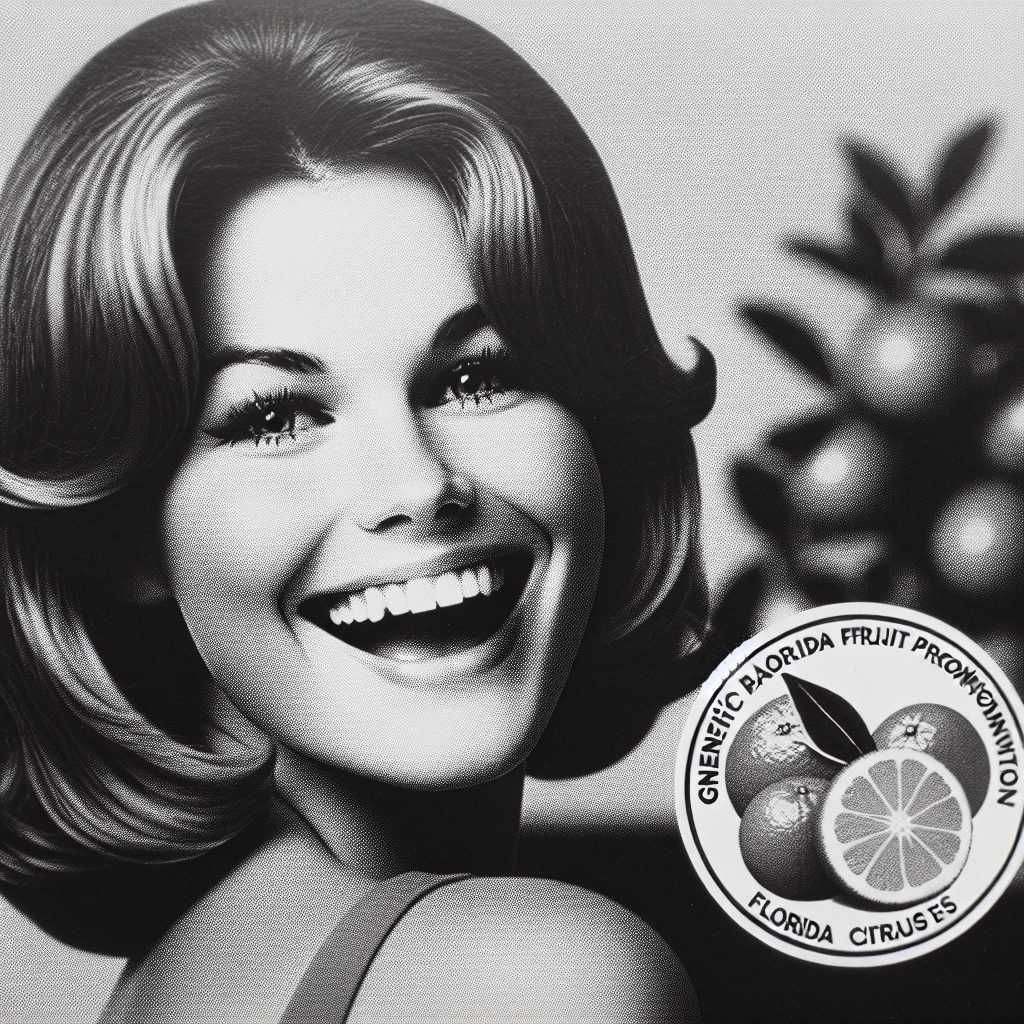Anita Bryant: The Journey from Entertainer to Activist and Beyond
Anita Bryant’s life journey is a narrative that spans the worlds of entertainment, activism, and controversy. Once a beloved figure in American culture, Bryant became a polarizing presence due to her involvement in anti-gay rights campaigning in the 1970s. This article delves into the various phases of Bryant’s career, her impact on social issues, and the legacy of her actions.
Early Years and Entertainment Career
Born on March 25, 1940, in Oklahoma, Anita Jane Bryant showed promise as a musician from an early age. Raised in a conservative Christian household, her upbringing greatly influenced her values and beliefs which would later become apparent in her public life.
Rising to Prominence
At just age 18, Bryant was crowned Miss Oklahoma, and she went on to finish as a second runner-up in the Miss America 1959 pageant. This visibility opened the door for her music career. With her singing talent, Bryant entered the entertainment industry where she obtained success with singles like “Paper Roses,” which became a top-five hit on the Billboard chart.
Celebrity Status and Image
Throughout the 1960s, Anita Bryant became known as much for her wholesome image and endorsements as for her musical talents. She presented herself as quintessentially American, eventually leading to a spokeswoman role for brands such as Coca-Cola and the Florida Citrus Commission.
Activism Against Gay Rights
The Changing Tides: From Entertainer to Activist
In the latter part of the decade into the 1970s, Anita Bryant’s name became increasingly associated with conservative political causes, particularly when she led a campaign called Save Our Children. This was an organized opposition to gay rights in Miami, Florida, focused on repealing a local ordinance that prohibited discrimination based on sexual orientation.
Spearheading Save Our Children
Bryant’s active participation was instrumental in overturning the ordinance. Her campaign received national attention and fueled a reinvigorated anti-gay rights movement across the United States. Anita Bryant argued that the ordinance contradicted her religious beliefs and expressed concern for what she believed to be detrimental impacts on children.
Controversy and Backlash
Bryant’s activism gained both supporters and detractors. Many in the LGBTQ community saw her actions as vitriolic and harmful. Demonstrations ensued against her, including boycotts of orange juice since she was its commercial spokesperson.
Professional and Personal Ramifications
Over time, Bryant experienced professional ramifications due to her political positions. Her entertainment career suffered as she started getting dropped by sponsors and had concert engagements canceled due to protests.
Life After Activism: Legacy and Reflection
In later years, the limelight faded and Anita Bryant found herself navigating financial strains and addressing personal challenges. Her political activism had indelibly changed perceptions of her public persona.
Reflections on Controversy
Reflecting on those turbulent times later in life, Anita Bryant maintained that her campaign work was intended to uphold family values rather than propagate hate.
Public Perception Throughout Time
As society’s views on LGBTQ rights shifted over time, criticism of Bryant’s anti-gay activism has become part of broader discussions about tolerance, equality, and human rights.
Legacy and Recognition
While some regard Anita Bryant as a negative figure due to her political stands, others remember her fondly for her contributions to entertainment or relate to her conservative social views.
Anita Bryant appeared less frequently in public forums over the years but retained a degree of infamy in popular culture due to her earlier prominence as an anti-gay rights spokesperson.
Notes
Image Description
A promotional black and white photograph from the 1970s featuring Anita Bryant posing with a bright smile, medium-length hair styled in waves indicative of the era’s fashion trends; she is possibly holding an orange or appears alongside Florida citrus fruit imagery – symbolizing her spokeswoman role for the Florida Citrus Commission during that period.
MaVFy

